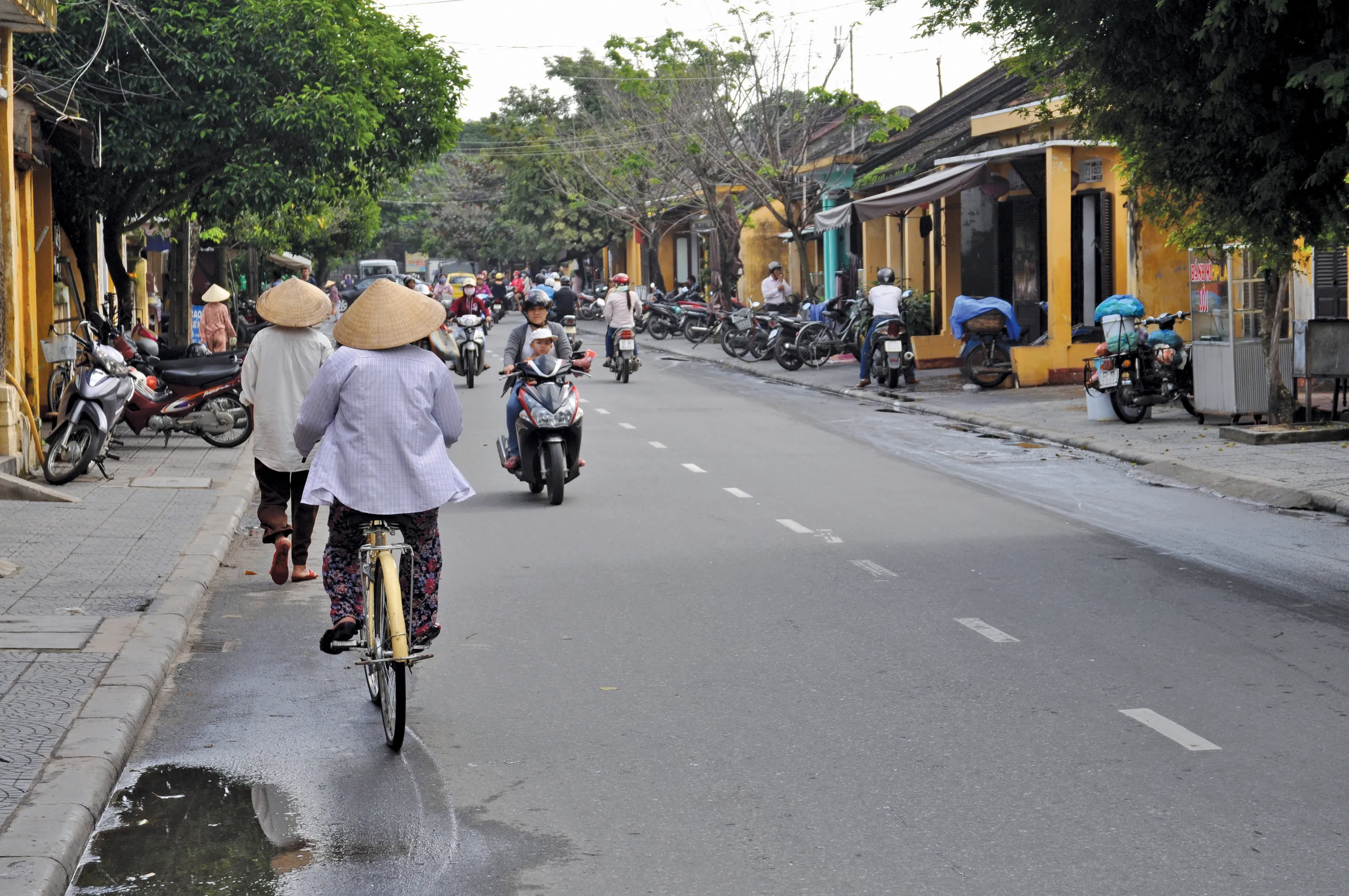Philippines-based conglomerate Ayala Corporation, together with its subsidiaries, is interested in at least US $ 1.85 billion worth of private-public partnership projects that are to be bid out by the government. The projects are to include the Daang Hari toll road worth US $ 50million which Ayala has already gotten the contract for, said Ayala's managing director and head of corporate strategy John Eric Francia. Ayala is reportedly interested in making bids for projects such as the LRT2, the US $ 700millio
November 6, 2012
Read time: 2 mins
Philippines-based conglomerate 6838 Ayala Corporation, together with its subsidiaries, is interested in at least US $ 1.85 billion worth of private-public partnership projects that are to be bid out by the government. The projects are to include the Daang Hari toll road worth US $ 50million which Ayala has already gotten the contract for, said Ayala's managing director and head of corporate strategy John Eric Francia.
Ayala is reportedly interested in making bids for projects such as the LRT2, the US $ 700million LRT1; the NAIA Expressway worth US $ 380million and the Cavite-Laguna (CALA) expressway worth US $ 470million. Together with the Aboitiz group, it also wants to bid for the US $ 250million Mactan International Airport project.
In 2012, Ayala expects its overall capital expenditure to climb to US $ 3.01billion, a record-high. It had earlier revealed plans to spend US $ 2.5billion to build power stations with capacity of up to 1,000MW over the next five years, with renewable energy projects expected to make up 20% of this capacity.
Ayala also wants to augment recurring income to 20% of its revenues over the next five years to a decade, and augment the gross asset value of its unlisted businesses from 9% of US $ 8.22 billion as of the close of September 2012, in a bid to make the conglomerate more attractive to investors.
Ayala is reportedly interested in making bids for projects such as the LRT2, the US $ 700million LRT1; the NAIA Expressway worth US $ 380million and the Cavite-Laguna (CALA) expressway worth US $ 470million. Together with the Aboitiz group, it also wants to bid for the US $ 250million Mactan International Airport project.
In 2012, Ayala expects its overall capital expenditure to climb to US $ 3.01billion, a record-high. It had earlier revealed plans to spend US $ 2.5billion to build power stations with capacity of up to 1,000MW over the next five years, with renewable energy projects expected to make up 20% of this capacity.
Ayala also wants to augment recurring income to 20% of its revenues over the next five years to a decade, and augment the gross asset value of its unlisted businesses from 9% of US $ 8.22 billion as of the close of September 2012, in a bid to make the conglomerate more attractive to investors.








